According to the Ho Chi Minh City Department of Health , depressive disorder (DD) is one of the most common mental health disorders in the world, affecting not only the patient's health but also family and social relationships.
Depression can start at any age, regardless of gender, and can become chronic if not detected and treated early. The World Health Organization (WHO) estimates that about 3.8% of the population suffers from RLTC (about 280 million people). In particular, WHO has noted an increase in depression rates after the COVID-19 pandemic.
Typical clinical manifestations of RLTC are prolonged depression, lack of interest or joy in life, low motivation to work and energy for life, accompanied by other physical symptoms such as: fatigue, aches and pains, anxiety, palpitations, sleep disorders...
Through a pilot health check-up for people aged 60 and over, which was implemented in August 2023, the Ho Chi Minh City Department of Health also recorded 420 people with signs of mild to severe depression (accounting for 3.05%), and discovered 295 people with signs of mild to severe anxiety (accounting for 2.14%).
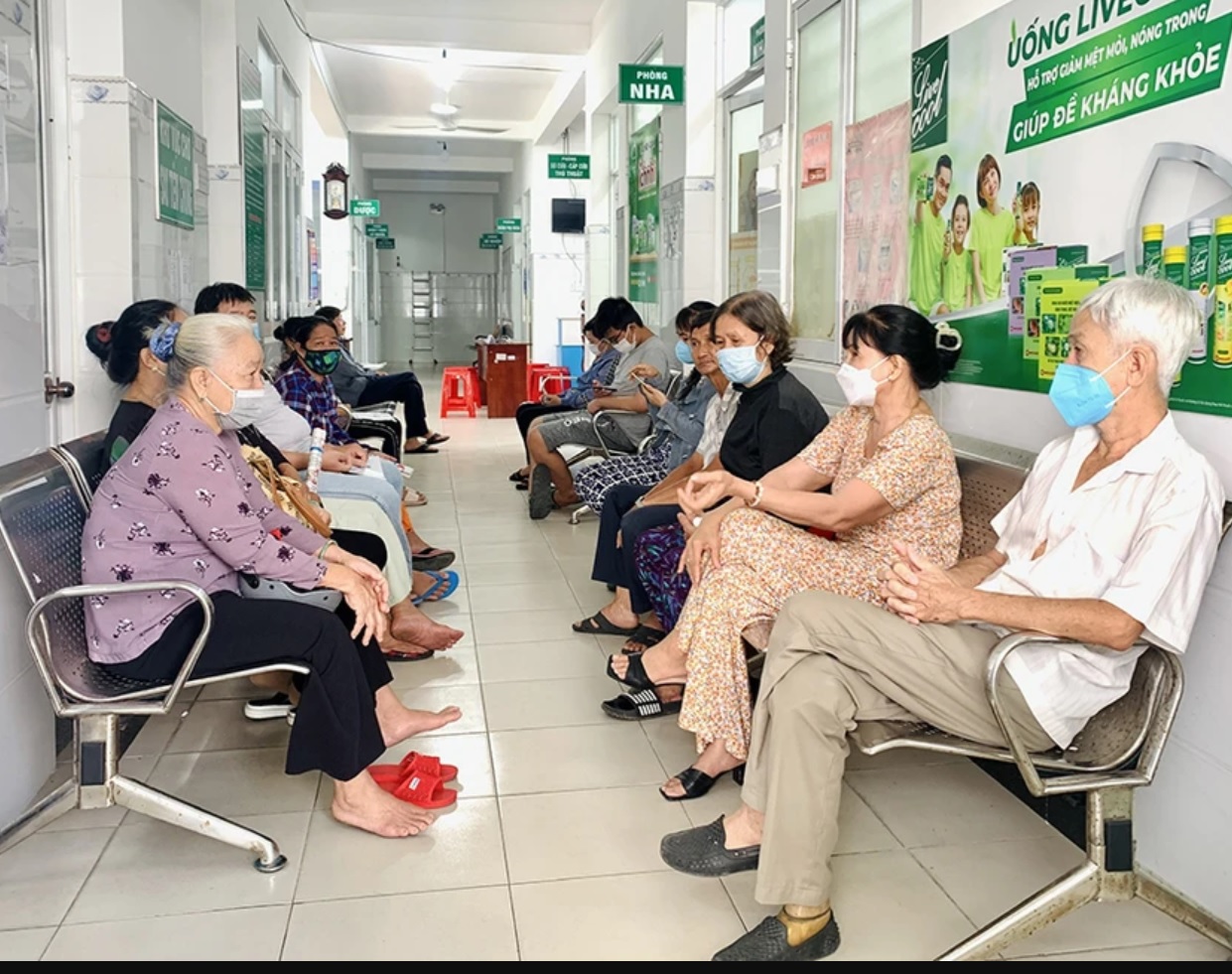
Through a health check-up program for people over 60 years old, the Ho Chi Minh City Department of Health discovered many cases showing signs of mild depression.
Regarding treatment, according to WHO, psychotherapy is applied to most cases of RLTC, combining psychotherapy and antidepressants is applied to moderate and severe cases. With mild RLTC, only psychotherapy is needed, no need to use medication.
Detecting and treating depression with psychotherapy and medication is not too difficult and has a high success rate, but currently according to WHO, over 75% of RLTC cases in low and middle income countries do not have access to treatment and support services.
Psychiatric care systems in developing countries often do not have enough psychiatrists to diagnose and treat patients. In addition, public understanding of depression is limited, and stigma associated with mental health disorders is very strong.
In the Program to support the City Health Sector in implementing non-communicable disease management, the World Health Organization Office in Vietnam introduced a community-based model for depression management and treatment. According to this model, WHO has integrated mental health care into the non-communicable disease management program.
Specifically, WHO will provide technical support and capacity building training for primary health care workers to detect, treat and manage some common mental health disorders, including depression and anxiety disorders, at health stations and in the community.
To improve capacity for community-based detection and management of depression, especially non-pharmacological depression management at health stations, WHO, in collaboration with BasicNeeds and other partners in Vietnam, supports the implementation of a non-pharmacological depression treatment management model for mild to moderate RLTC at health stations in the city.
The World Health Organization Office in Vietnam will coordinate with the Ho Chi Minh City Department of Health to pilot a community-based depression management model at five health stations in Ho Chi Minh City, including: An Thoi Dong Health Station (Can Gio), Tan Phu Trung (Cu Chi), Tan Hung Thuan (District 12), Phu Trung (Tan Phu) and Ward 15 Health Station (Tan Binh).
Source


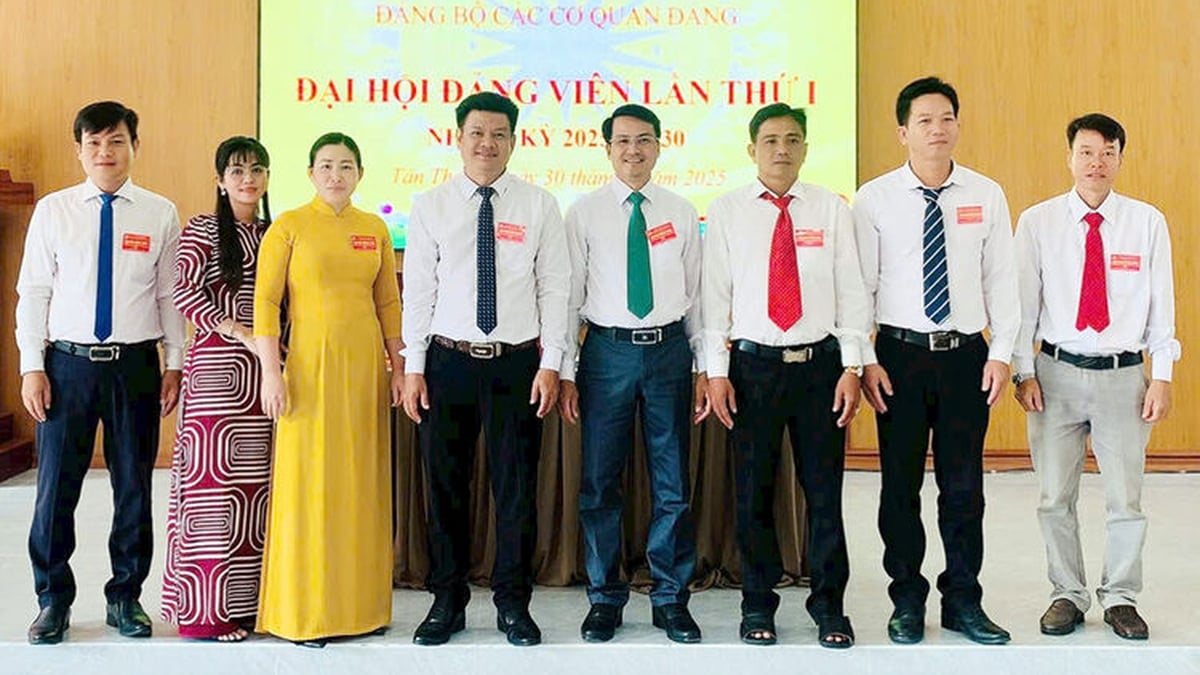

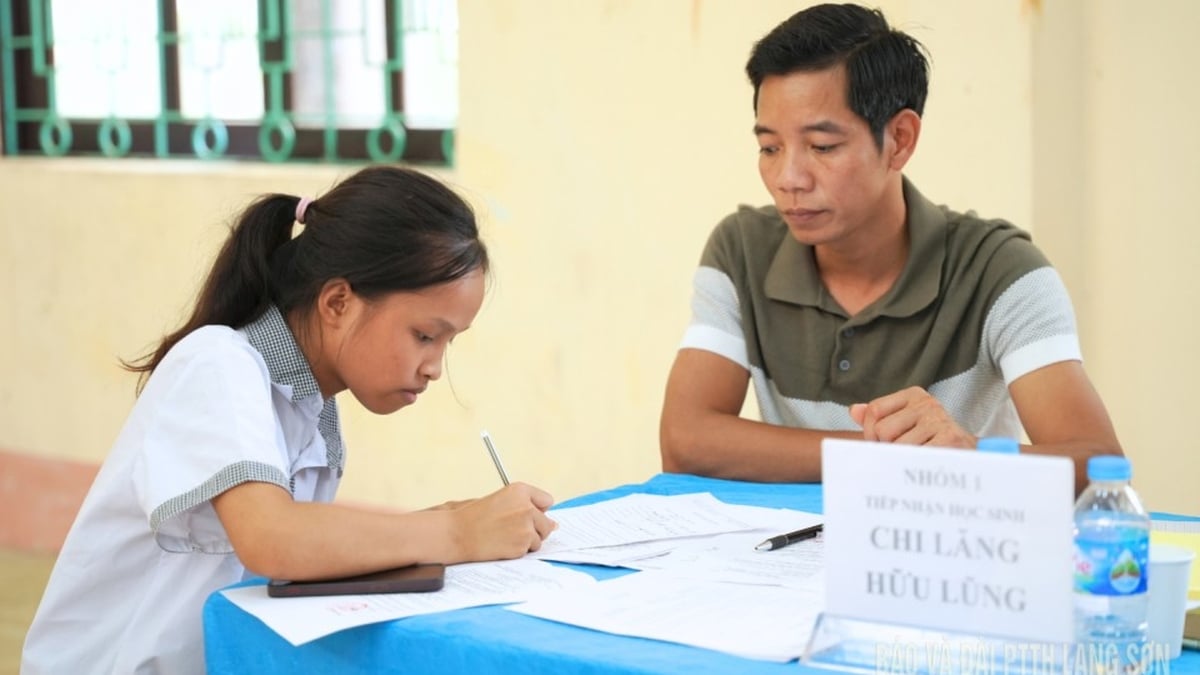
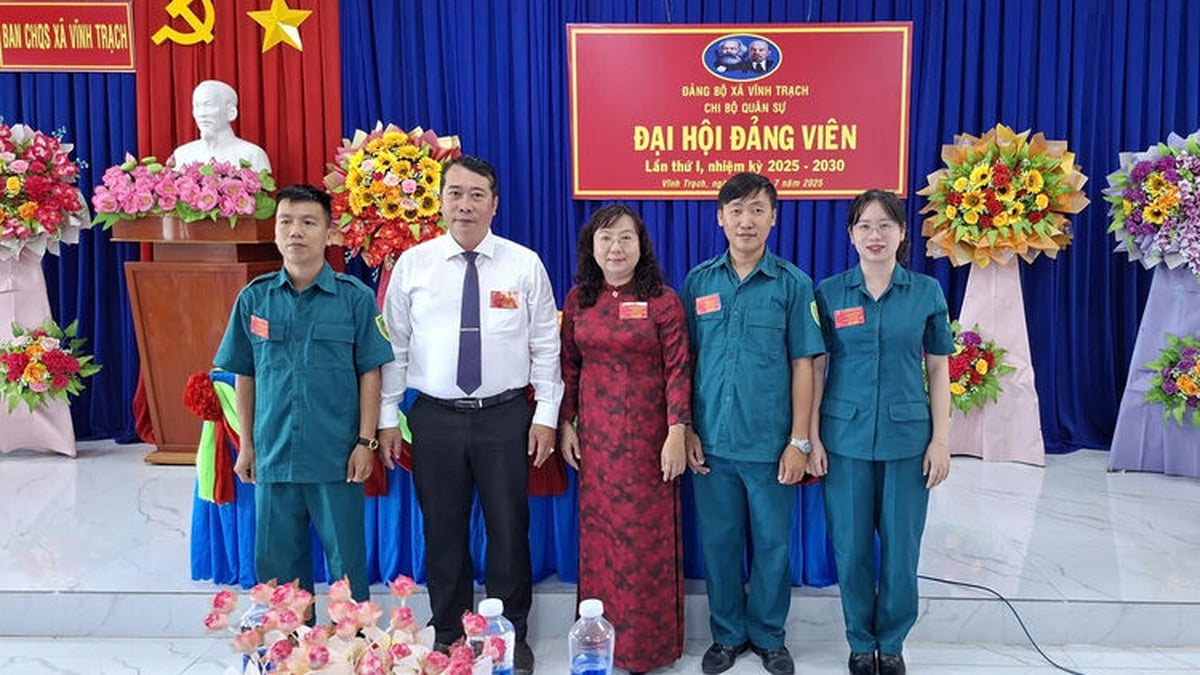









































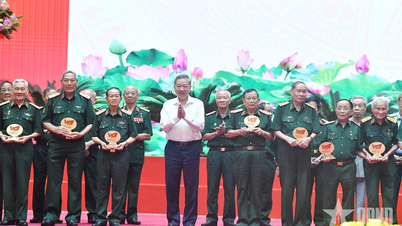





















































Comment (0)